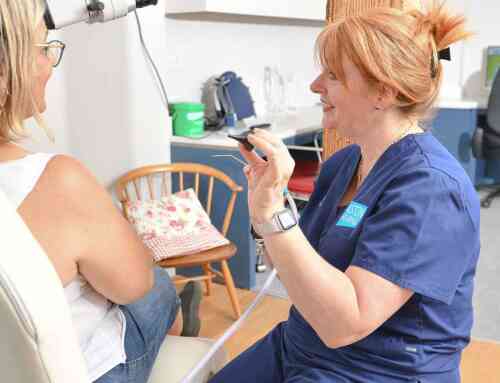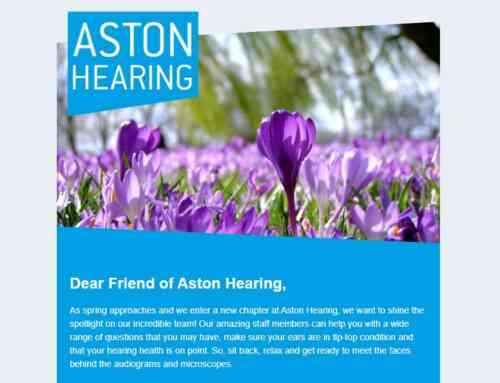Tinnitus will affect about 30% of us at some point during our lives and can occur in people of all ages. Whilst usually associated with a hearing loss it can also affect people with ‘normal’ hearing. It can be very distressing to those who live with it and it is never helpful to be told there is no cure for the condition and be sent on your way with no advice.
There are ways to learn to live well with tinnitus and consulting a good hearing professional is the best place to start.
Tinnitus originates in the brain and is an internal sound that has no external source. It occurs when neural signals from our ears are not received by the brain and the brain becomes increasingly alert to sensory information from internal sources. These sounds would normally be filtered out as meaningless data and we are not usually aware of them at all.
Tinnitus relief is possible thanks to a process known as habituation. This is a natural process where you stop paying attention to it as the brain adjusts to its presence. As you remove the fear and worry about the tinnitus the brain learns to ignore it.
The barriers to habituation are linked to how we control our thoughts and our emotional, psychological and physiological reactions to the sounds of tinnitus. Two of the biggest obstacles are worry and attentional focus. These can make people change their behaviour in an effort to try and push tinnitus away and can result in the opposite effect as the tinnitus becomes the main centre of attention.
There are several published accounts from people who have successfully learnt to habituate and control their reactions to tinnitus, eg. “I cured my Tinnitus” by Peter Studenik. Almost all accounts focus on accepting tinnitus and just training the mind to learn that it is not a danger and therefore does not need the brain to be in a permanent state of “fight or flight’ response. The brain gradually learns to ignore the unwanted tinnitus sound and eventually when it is heard it ceases to produce any unpleasant feelings.
Studenik used Tinnitus Retraining Therapy (TRT) under the guidance of a trained hearing professional. He avoided extreme silence and made sure there was always a pleasant, non-intrusive background sound and he used a device to generate white noise or nature sounds. Many smart phones can provide Apps for this and it is best to choose one that induces feelings of calm and wellbeing. This author emphasises that the white noise should NEVER be louder than that of the tinnitus.
Relaxation and mindfulness techniques have also proved of value for some people in the management of tinnitus. Most important, however is to seek help. At our own monthly HearToday events we provide an opportunity to talk to a hearing professional and other people also coping with the condition. This is an environment where you can share your concerns with people who understand what you are dealing with, day to day. You soon realise you are not alone and just how many people are affected by tinnitus.
An audiologist can rule out any underlying hearing issue that may have caused the tinnitus and will support you through your journey to accepting and managing tinnitus for good. At Aston Hearing we encourage the use of hearing aid technology when appropriate as the introduction of everyday sounds and possible dedicated tinnitus programmes can provide welcome relief and improved hearing outcomes.
You can also find out further information from the charities, Hearing Link (www.hearinglink.com) and the British Tinnitus Association (www.tinnitus.org.uk) both of which have a helpline.






help me cope with tinnitus i can’t even sleep i am so scared all the time
So sorry to hear this. Pleas look after yourself.
Kate